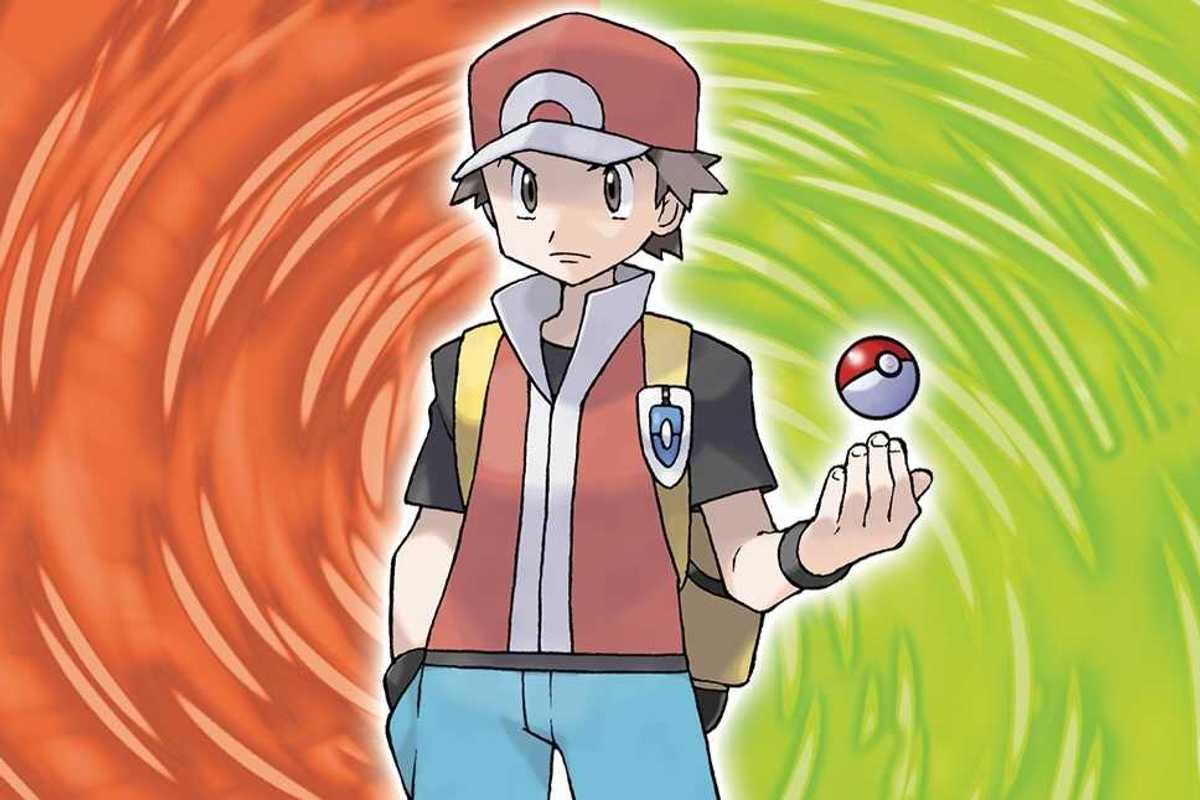News
Paul Gallagher (edited
Sep 08, 2015
"We took this action because we had no choice," David Cameron told MPs on Monday of the drone attack which killed two British jihadists in Syria.
The attorney general had agreed and there was "clear legal basis" for action, the prime minister added in a House of Commons statement.
Mr Cameron insisted that the killings, using Reaper drones flown from a base in Lincolnshire, were "entirely lawful, necessary and proportionate" and that the Government had exercised Britain's "inherent right to self-protection".
However, the extension of Britain's military mission from Iraq to Syria raises legal questions - with the attacks coming two years after the Commons specifically voted against carrying out air strikes in Syria.
The acting Labour leader, Harriet Harman, called for "independent scrutiny" of the air strike.
What do UN rules say?
Picture: GettyArticle 51 of the United Nations Charter preserves the "inherent right of individual� self-defence if an armed attack occurs against" a member state.
Measures taken under this provision must be reported to the Security Council "immediately".
The British Government informed the Security Council of the attack two weeks after it took place.
The Government's position is that it can take pre-emptive action to protect its citizens under domestic and international law.
Mr Cameron maintained that "there was clear evidence of the individuals in question planning and directing armed attacks against the UK".
He had stated that Junaid Hussain, killed in an American strike three days later in August, was involved with Reyaad Khan in plotting to carry out attacks in the United Kingdom.
He did not, however, make the same charge against Ruhul Amin, who was killed along with Khan.
Who were the British jihadists?
Reyaad Khan (top left), 21, left Penarth near Cardiff in 2013 to join Isis. He was one of three British men to appear in a video called "There Is No Life Without Jihad". After travelling to Syria, Khan posted a series of messages on Twitter, including: "Executed many prisoners yesterday."
Junaid Hussain, 21, from Birmingham, is believed to have escaped to Syria in late 2013 while on police bail for posting stolen information about Tony Blair online. He was killed in an American airstrike three days later.
Ruhul Amin (top right), 25, of Aberdeen, is thought to have been the third British man in the Isis propaganda video, "There Is No Life Without Jihad".
Top 100
The Conversation (0)












